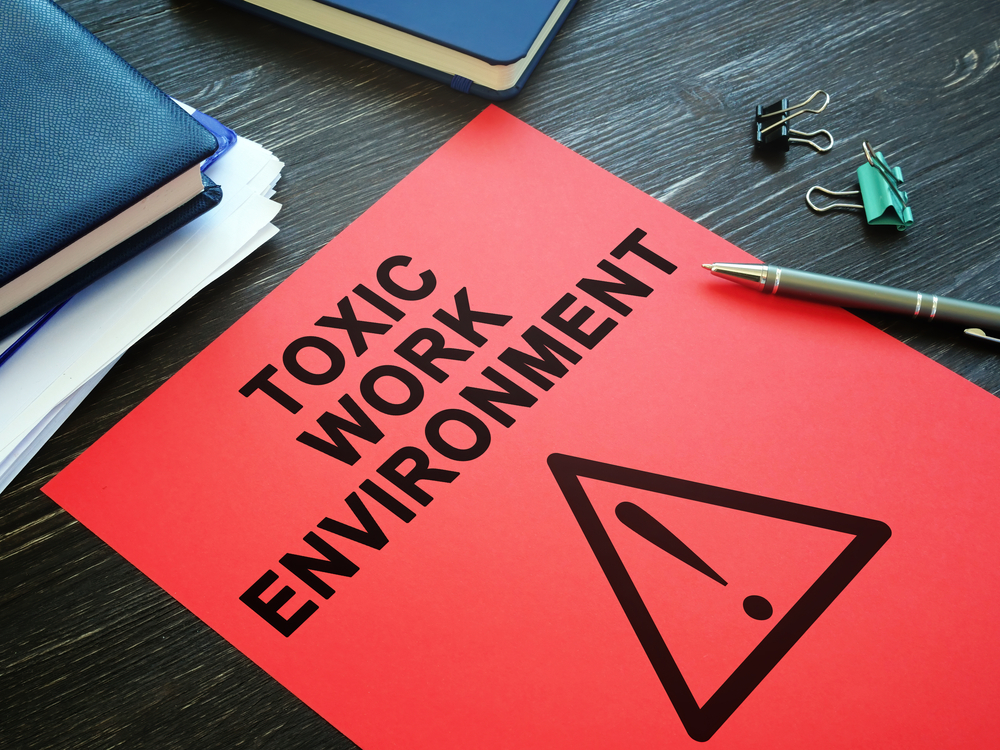In the hospitality industry, the quality of your service is directly linked to employee experience. Employees are the front line in interacting with your customers—when they have high job satisfaction, they’re more likely to provide excellent service that reflects well on your brand and builds customer loyalty. Conversely, unhappy employees are less efficient, less productive, and more likely to leave your company. A demoralized, inexperienced workforce going through the motions of their jobs is not going to benefit the health or profitability of your hotel, restaurant, casino, or other hospitality venue.
A recent Ernst & Young survey of 20 CFOs in the hospitality industry pointed to labor shortages as a key challenge to the industry’s post-pandemic recovery, with 12 of the CFOs citing this factor as causing the most strain on hotel net operating income. According to the Bureau of Labor Statistics, the quit rate for leisure and hospitality in December 2022 was 5.1%, nearly twice the overall average for all industries. Now more than ever, you can’t afford to lose good employees. So what can you do to improve employee relations and increase the odds that your star performers will stick with you?
Focus on Fundamentals, Not Fringe Benefits
Much advice around employee retention in any business can be described as a mix of solid advice with some distracting fluff that isn’t going to make a difference if the fundamentals aren’t sound. Things that really do improve employee experience on a day-to-day basis? Strong leaders who inspire and motivate the workers they’re responsible for. Excellent onboarding and support so that employees feel prepared to do their jobs. A strong company culture that is mirrored in company actions and the behavior of its managers. Without these things, well-decorated break rooms or free snacks aren’t going to make any difference in how your employees feel about your company.
Most importantly, however, employees need to feel safe on the job and that they have effective recourse if they encounter issues. The nature of hospitality work can potentially put employees at increased risk for harassment or physical injury. While in the past this may have been shrugged off as just part of the cost of doing business, organizations are now recognizing the need for accountability and transparency in the workplace to promote employee safety.
In practice, what does this look like? Ask yourself—if an employee has been harassed by a patron or fellow employee, or they’re aware of a safety hazard in need of remediation, do they know who to report to? Is your process for dealing with complaints transparent? Is the chain of responsibility well established? If your process is outdated, unclear, or underutilized, you’re likely failing to learn about issues it’s your responsibility to fix.
Creating a culture of safety requires stakeholder accountability—employees need to report problems, and companies need to act on the information they’re entrusted with. #NotMe is a modern, integrated solution that gives organizations the comprehensive tools they need to get full visibility into potential problems and investigate and respond effectively. Our reporting app puts the means of speaking up safely into your employees’ hands, with the option to report anonymously. Our case management dashboard makes it easy to track and resolve issues, as well as giving you timely insight on possible patterns of misconduct or risk that enable you to act effectively before problems get out of hand.
Changing Legal Responsibilities
It isn’t just good business to provide your employees a clear reporting channel—increasingly, it is becoming a matter of law, both abroad and in the U.S. The Waserman Law (or Loi Waserman) recently passed in France has strengthened whistleblower protections, making it one of 17 nations that have adopted national laws in line with the EU Directive on Whistleblowing. In the U.S., a recent judgment in the Delaware Court of Chancery in a suit by shareholders against former McDonald’s HR leader David Fairhurst asserted that a fiduciary duty of oversight applies to corporate officers, not just directors, requiring them to “make a good faith effort to ensure that effective information and reporting systems exist within a company and not to ignore red flags signaling misconduct.” This signals the increasing willingness of governments to act when companies ignore problems within their organizations—far better to act now to stay in legal compliance than to find out your current systems aren’t adequate.
To find out more about how #NotMe can improve employee satisfaction in the hospitality industry and help your business meet compliance standards for whistleblowing, contact us here today.












